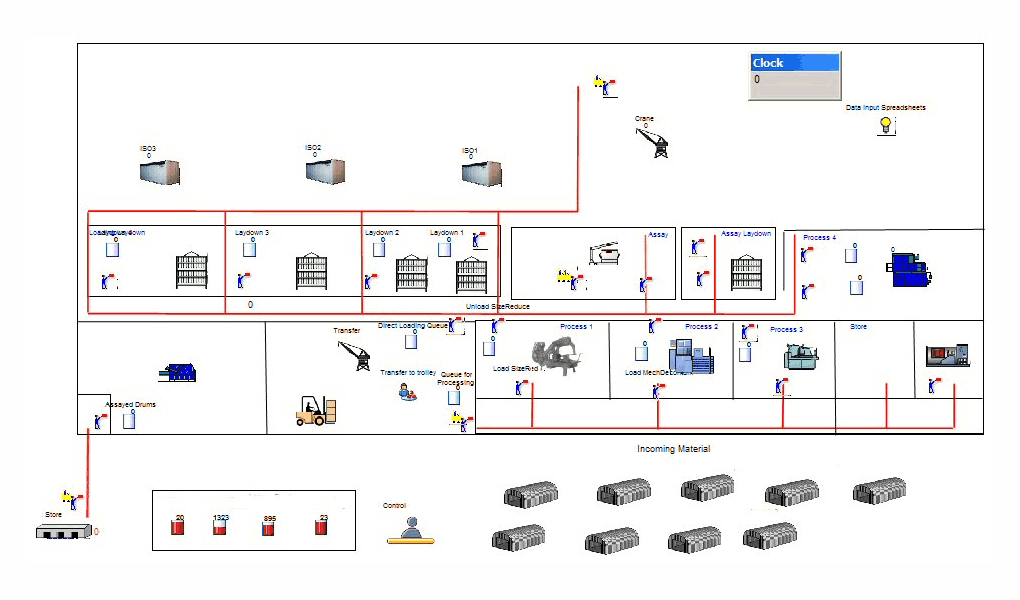Providing analytical support to the decommissioning design process
VT Nuclear Services (formerly British Nuclear Group Project Services) is the specialist nuclear engineering, decommissioning and remediation contracting business of VT Group now Babcock International. The company’s knowledge base and Intellectual Property rights gained from BNFL’s 40 years experience in nuclear decommissioning and clean-up now are consolidated in VT Nuclear Services and underpinned with commercial contracting and project management skills.
BNFL has successfully closed down and cleaned up over 50 nuclear facilities in the UK, Europe and the United States. This knowledge is applied by VT Nuclear Services to provide customers with optimum solutions and reduced risk at all stages of the decommissioning process.
The challenge
As part of the decommissioning of the UK Chapelcross Nuclear Power Plant, British Nuclear Group Project Services, were responsible for the design of a facility to separate clean materials from Low Level Waste (LLW) and safely pack the LLW for onward delivery to disposal. In order to minimise environmental impact of disposal, the very large numbers of LLW items must be sorted, reduced in size and monitored before being containerised.
At the initial design stage it was essential to understand the flow of materials through the facility so that adequate handling and lay-down space could be allocated but the building size kept to a minimum for both cost and environmental reasons. This is a particular challenge as the arrival of material cannot be directly controlled by the facility as it will arrive in batches as a result of the site decommissioning and demolition programme.
The solution
The simulation model was constructed by Taranto Consultancy and the input waste profiles and proposed handling strategy derived by working closely with British Nuclear Group Project Services employees. The model was able to successfully represent:
- the movement of material by pallet truck or manual handling
- multi-stage size reduction and decontamination of items where the processes and their effects were dependent upon material type
- utilisation of lay-down areas
- packing of ISO containers with waste for export
The use of the Simul8 transport functions allowed individual operator and pallet truck movement to be represented and animated in order that material flow could be observed.
The result
The simulation was able to show the design team how the arrival pattern of material would place demands on the facility and operators. This enabled the identification of key improvement factors for the design in two main areas. Firstly, it showed that the buffering capacity of one lay-down areas was insufficient and would cause significant process delays; secondly, it showed that the planned loading scheme would not have adequate capacity if operated as intended. Both of these problems could be solved by low cost modifications of the design on paper, rather than potentially costly building changes after commissioning.
The continued use of the model during design development will ensure that operation can be undertaken with confidence and project objectives met at optimum cost.


